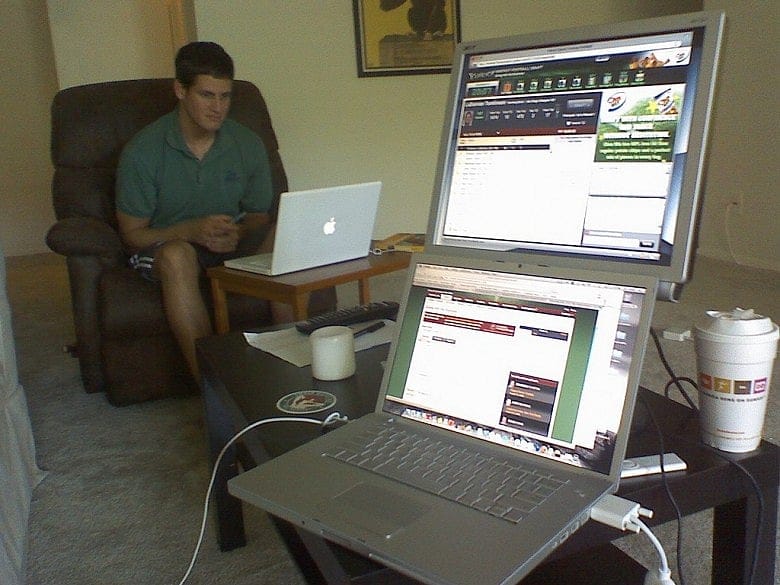Fantasy sports lottery games appear to gain traction in State House

BOSTON – Rocked by scandal, declared a form of gambling in Nevada, scrutinized by lawmakers and reportedly under state and federal investigation, popular fantasy sports websites like DraftKings and FanDuel might soon face another challenge: a state-run competitor.
Massachusetts Treasurer Deborah Goldberg, who also heads the state Lottery, said last week that the agency plans to get in on the burgeoning market, according to the State House News Service. She said the popularity of DraftKings and FanDuel, which have flooded the airwaves with advertisements since the start of football season, prompted the move. "You don't want to be 20 years from now and say, 'Gee we missed the market,'" Goldberg told the Boston Herald. "There is clearly an appetite for this kind of game play."

